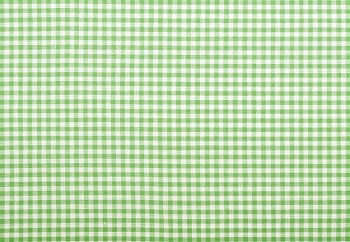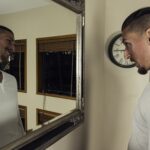If I could offer one and only one truth discovered from my 25 months of effort to recover from addiction to alcohol, it would be this – and it’s not sexy:
You are your own primary addictions treatment provider and caregiver.
It’s a bitter irony that so much care and help is available (this post begins a series on exactly that) but in the moment when the totality of addiction is upon you, you are the one who has to handle it.
 You have the condition, disorder – whatever term one wants to use – all day every day. Who’s going to work that shift, day after day, month after month, to treat you for your condition? No one. It has to be you.
You have the condition, disorder – whatever term one wants to use – all day every day. Who’s going to work that shift, day after day, month after month, to treat you for your condition? No one. It has to be you.
So you’ve now been appointed your 24-7 caretaker. You’re the one-and-only who has to keep you clean and sober, at your appointments, eat, exercise, all of it. You feel sick, deranged, ill, weak. You have physical, emotional, spiritual, psychic flu and you’re supposed to get yourself around, figure out what to do and do it?! A sick person caring for a sick person?! Insanity. Ridiculous.
And as your round-the-clock caregiver, you will experience desolate caregiver burnout – but you can’t quit! There’s no R & R, there’s no break – because you’re your own patient!
Please, truly, get upset about it. I certainly did.
I watched caregivers tend my mother as she was dying. Every moment of the last moments of her life, day after day, week after week, my mother had the company and ministrations of a caregiver. She was no longer an independent entity hunting and gathering food and water on her own, bathing herself, relieving herself privately. She could no longer do life alone.
I was no longer an independent entity when I became addicted to alcohol. Absence of wine had the control. I felt helpless, hopeless. I kept throwing myself off a cliff away from alcohol, falling and falling. I flailed and thrashed, throwing myself here and there, to this person and that person, seeking relief from spinning end-over-end. I don’t remember what, when, or why, but somehow I realized that, to manage my desperate state, I had to gather a part of me to do for myself what the caregivers did for my mother.
My job description as my own personal addictions treatment provider and caregiver is miserably hard but pretty simple:
- Handle the acutely distressed moments of addiction as they happen without drinking or using or harming myself or others by word or deed.
- Strengthen myself in between those moments to handle those moments. Because they keep coming.
And the other crazy irony is that once I realized I, alone, had to do this job, I realized I couldn’t do it alone. But I was newly conscious, like a caregiver would be, of what was working and what wasn’t for my patient. I knew better what I needed to ask for help with to do parts 1 and 2 of my job description. And as my mother did, I most needed company.
I have shared that I have begun working on a manuscript for a book I wish I had been able to read on day one of my abstinence from alcohol. For now, its form is a letter to my day-one abstinent self from my two-year sober self. “You are your primary addictions treatment provider and caregiver” isn’t the very first line in the letter. And I don’t say it exactly that way. But it’s near the beginning.
Dear Anne,
Remember when you told your hairdresser that you were asking her for a good hair day for a bad self? You thought it was you, didn’t you? You thought you, yourself, had let this in, that all along you were trying to be such a good girl and follow all the rules to protect yourself from hurt. And you thought you had failed. You were all hurt all the time and you just couldn’t understand. I can see you standing there, such a baffled, woebegone little girl in a green gingham cotton dress. And you’re being so brave, standing there, trying not to cry.
It’s not her, it’s not you, nobody did anything wrong. This is just something that happens to some people. Come here. Let’s hug ourselves. It’s okay. It’s going to be okay. There are some things we can do. You’re not wrong to try. We’re just going to try some different things is all. Things you are so good at – following directions, working hard – they will help us so much. You will be the biggest help. Come here. Let’s hug. We can do this.
Love,
Anne

The letter you wrote to yourself is so touching, loving, and supportive. I cried for you because its so hard to be your own caregiver, and I cried for myself because I needEd to hear what was in your letter, too.